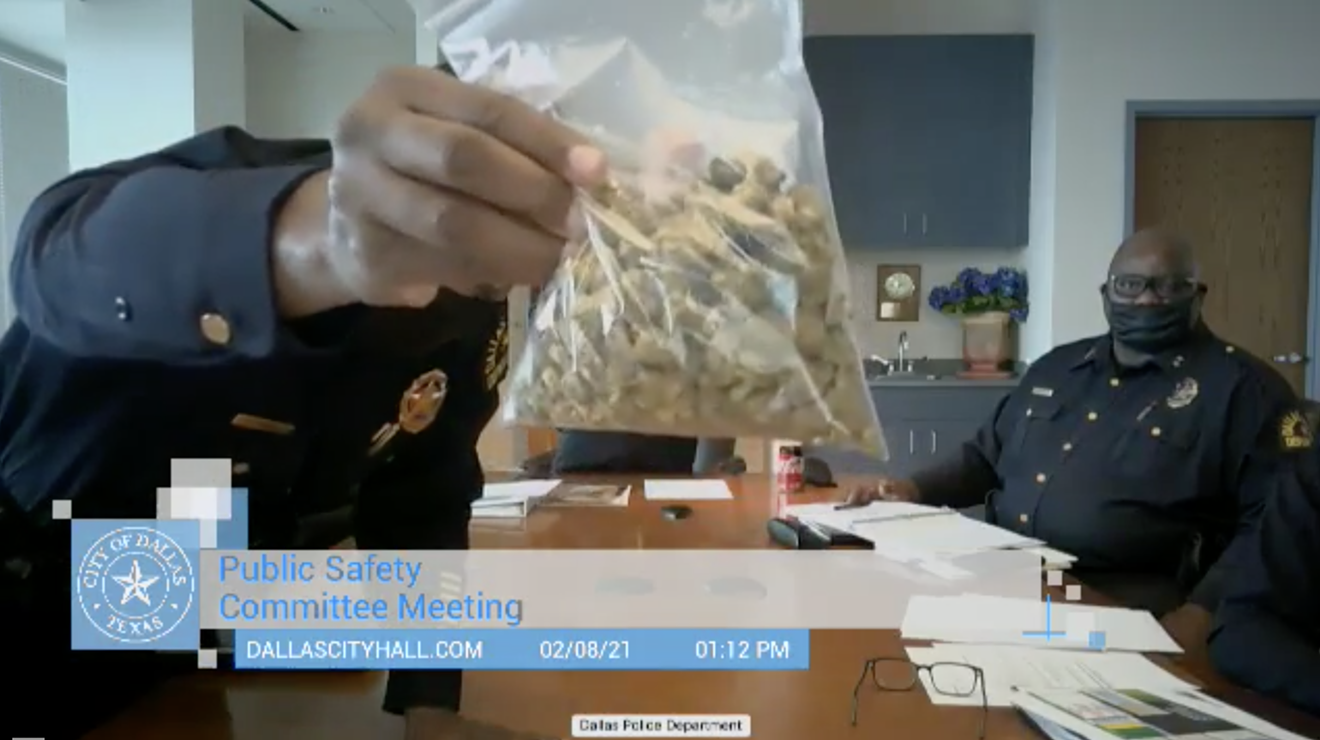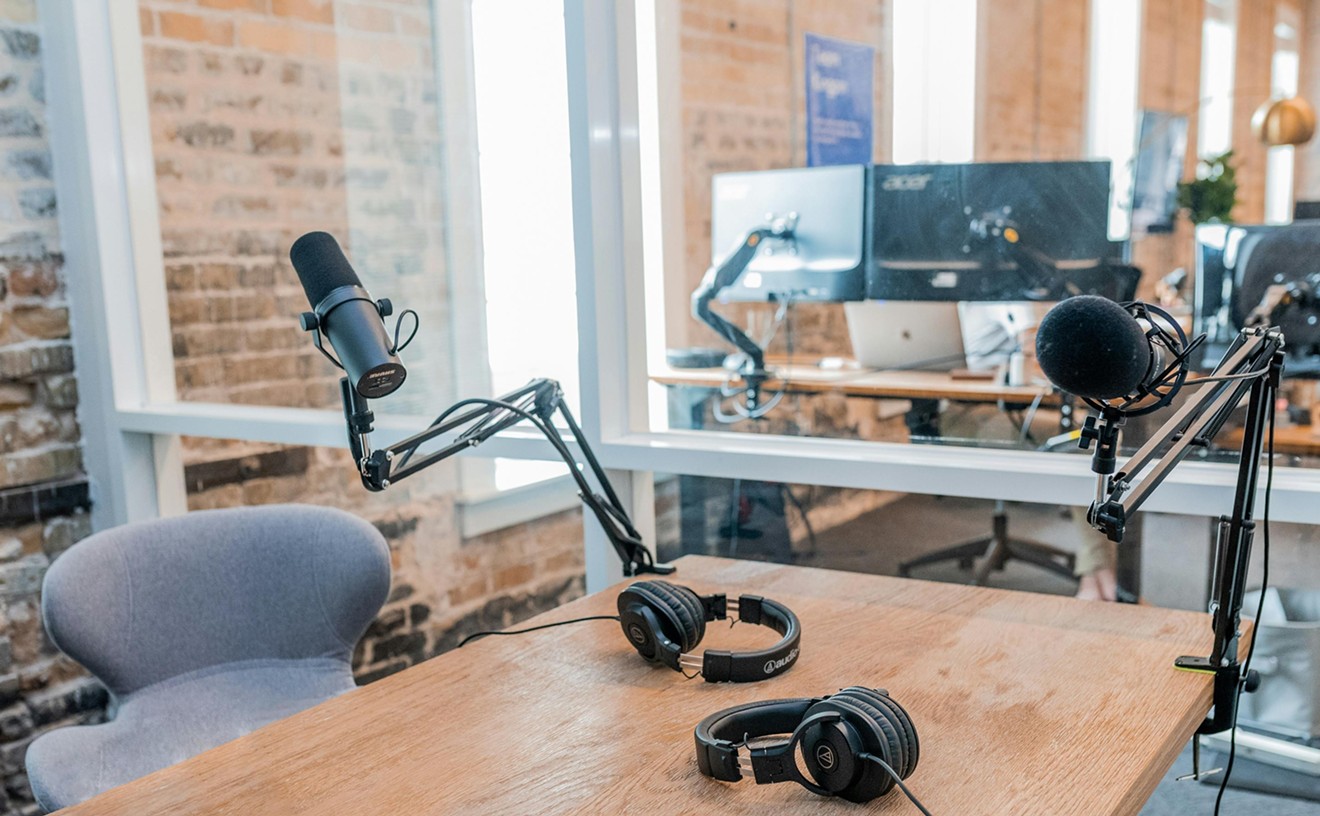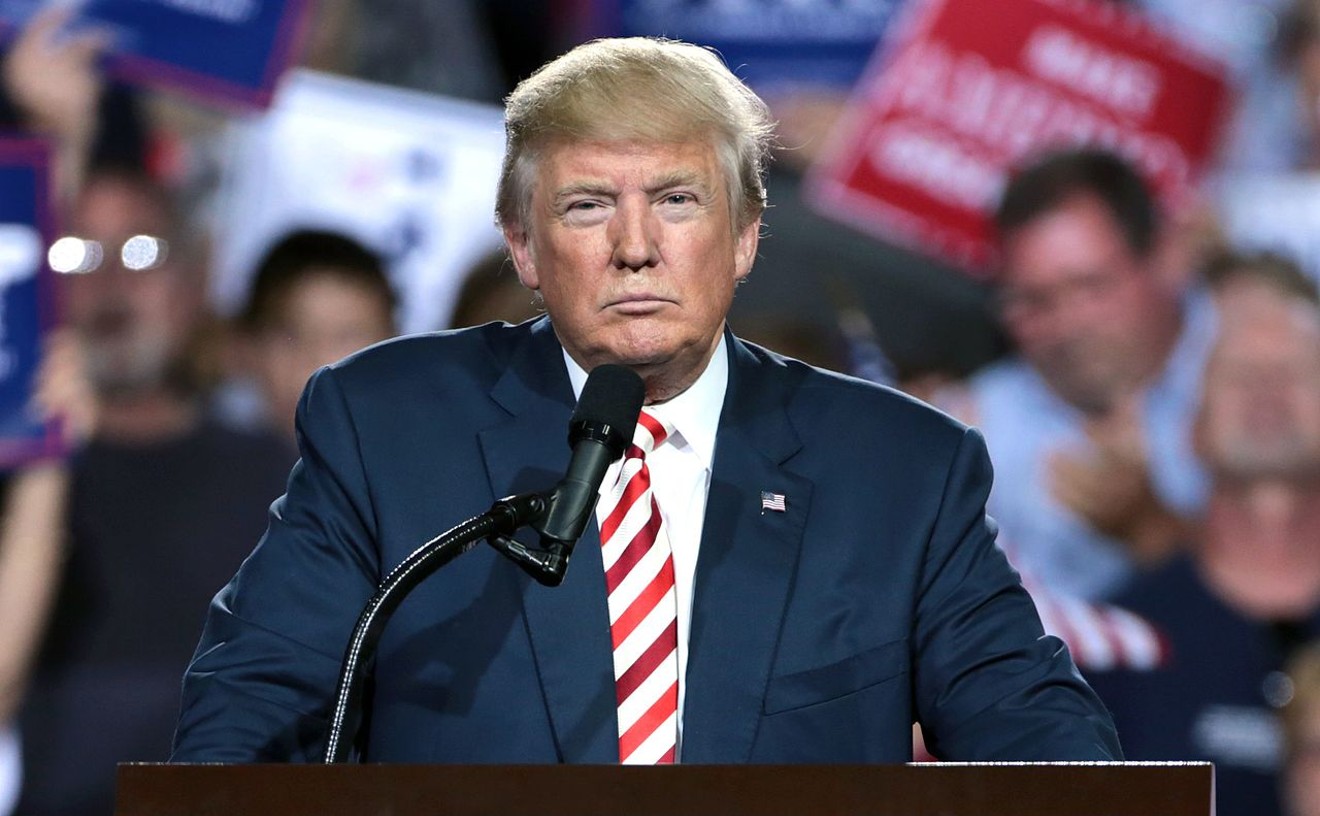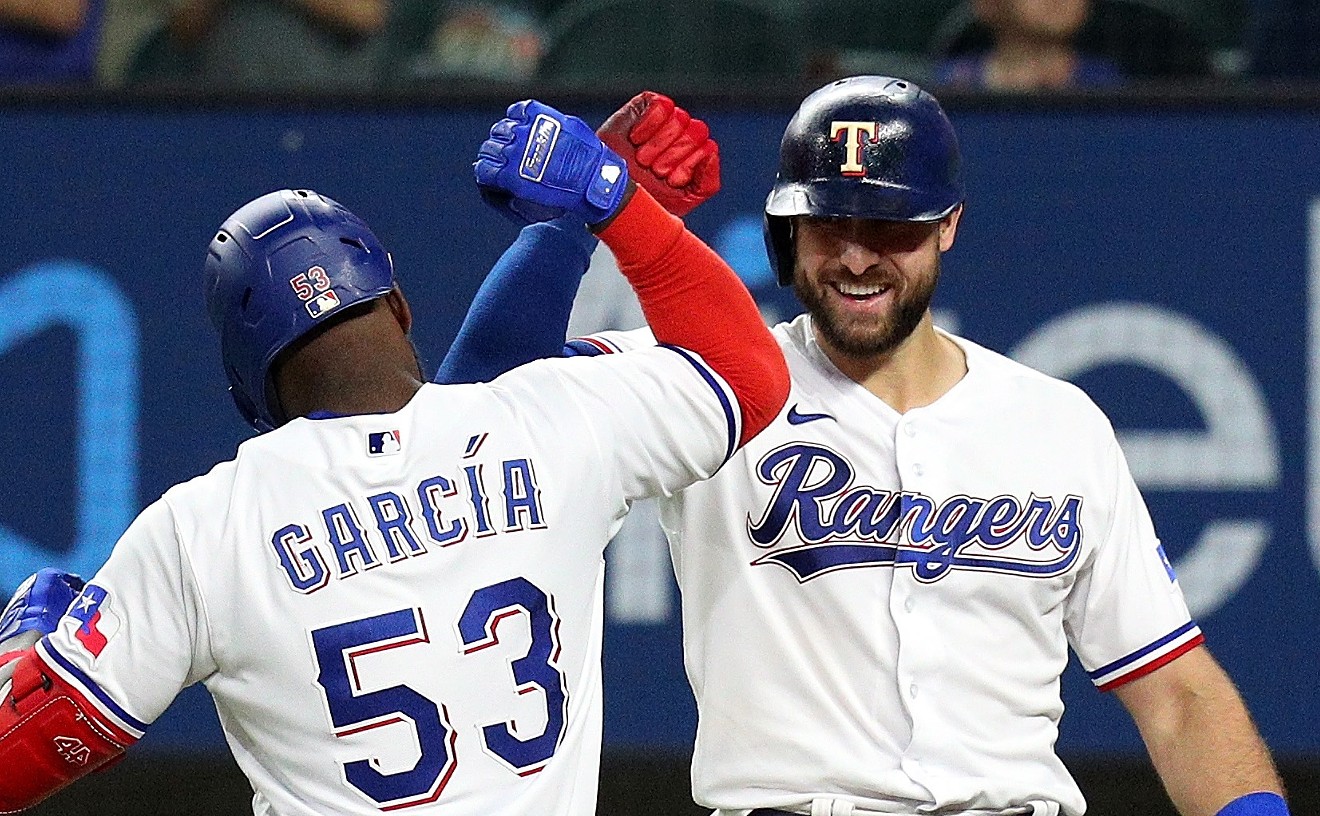Under the proposed change, cops wouldn’t charge people for possession of 2 ounces of weed unless there is evidence of intent to distribute.
The Dallas Police Department presented the proposed change to the Public Safety Committee yesterday.
Dallas needs officers to get violent crime under control, and that’s what they’d rather be doing anyway, instead of arresting people for personal-use amounts of pot, according to the chief. The department hopes to avoid the impact of arresting people for small amounts of weed and to lessen the burden and time on DPD resources spent on enforcement.
According to DPD, evidence of intent to distribute could include multiple smaller individually packaged bags of weed, packs of empty bags and scales.
An observed hand-to-hand drug transaction could get you into hot water with DPD, as well as being involved in a drug-related call for police service or narcotic division investigation. DPD could also get you for “any additional circumstances that would lead officers to believe that the marijuana the offender possessed was for resale and not personal consumption.”
Shaun McAlister, executive director of DFW’s chapter of the National Organization for the Reform of Marijuana Laws, said this stipulation is too general. “That sounds like way too much discretion for police officers that like to target Black and brown people in the state of Texas. I think we can do a little bit better,” McAlister said. “‘Any additional circumstances’ is way too open-ended. … That is a dangerous road right there.”
Shaun McAlister, executive director of DFW NORML
Jacob Vaughn
Shaun McAlister, executive director of DFW NORML, on proposed change to DPD general orders.
Twenty percent of all arrests last month were drug-related. Of those, there were 183 weed-related arrests. Most of those, 140, were for possession of less than 2 ounces. There were nine cite-and-release citations given out last month. According to DPD, 70% of charges filed are indicative of possession not with intent to distribute.
A report presented to the Community Police Oversight Board last month found that DPD disproportionately enforces low-level offenses, including pot possession. Black people make up nearly a quarter of the city’s population but account for 49% of all arrests and 57% of pot possession arrests.
Other circumstances and past criminal charges could also lead to an arrest for small amounts of the drug. Someone may get charged if they’re in possession of under 2 ounces but also have a firearm on them. A companion charge for a crime against another person in conjunction with possession could get you in trouble, as well as having multiple convictions for violent offenses.
DPD said officers won’t charge if the offender has a companion drug charge of a felony penalty grade, the companion case is an active hold or arrest warrant, or if circumstances indicate possession is for personal consumption.
While he had some reservations, McAlister was pleased with the direction the new chief is taking the department in. The public safety committee meeting yesterday was the first time McAlister heard the new chief speak."There’s the possibility of having some unintended consequences." – Dallas Police Chief Eddie Garcia
tweet this
“Now, I’m sitting here thinking like, ‘I need to get this guy an award for being a public servant of the year,’ because, honestly, this is a huge step for the entire state of Texas for the city of Dallas to give this a try,” he said. “When they get on board in a similar fashion as Fort Worth, North Texas gets a little bit more free. Not much, but a little bit, and that has implications in the entire rest of the state.”
In November, the Fort Worth Police Department also announced it would stop arresting and citing people for small amounts of weed because of "issues with testing."
Currently, any usable amount of weed is illegal. You’re eligible for a cite-and-release citation if being charged with possession of under 4 ounces. Between 2 and 4 ounces is a Class A misdemeanor. House Bill 1325 made hemp legal to possess in 2019, but the bill defines hemp as cannabis with a THC concentration of less than 0.3%, meaning it won't get anyone high.
In Dallas, the Public Safety Committee members mostly supported the change, but they had some questions. They largely wanted to make sure this wouldn’t affect the department’s ability to crack down on drug houses, repeat offenders who often have weed possession as a secondary charge or how they handle DUIs.
Garcia said drug houses do not get a pass under the change, and it won’t change how they enforce for DUIs. When it comes to DUIs, though, the chief said there needs to be more of a focus on what level of THC impairs a person too much to drive.
As far as how the change will affect other areas of enforcement, we’ll have to wait and see. City Council member Adam Bazaldua proposed a resolution last year that would have kept DPD from charging for possession of 2 ounces or less. The change to the general orders is happening in lieu of the resolution.
The benefit of that is it won’t take a long bureaucratic process to tweak DPD’s enforcement on weed. Bazaldua suggested a review of the change after six months to analyze the effects.
"There’s the possibility of having some unintended consequences," Garcia said. If the department gets more weed-related calls, or if dealers tweak their methods, they may need to tweak the general orders.
“If they get smarter, we need to get smarter too,” Garcia added. The chief also emphasized that this change would not make it legal to smoke weed in public. Those who do will likely get a cite-and-release citation.
City Council member Cara Mendelsohn was the most combative. She sounded skeptical about having the police not enforce the state’s weed laws. Additionally, she wanted to know why more companion charges, such as for property crime, aren’t included. DPD said the ones included were most often associated with these low-level weed charges.
When it came to property crime, Mendelsohn asked if people stole property to support drug habits. DPD said yes, but not generally for weed. In the end, though, she was supportive. “I do appreciate that you’ve taken this issue, you’ve owned it and that you’ve come up with a solution that will work for you,” she said.
As it's not an item to be taken up by City Council, the ball is in the chief's court now. In an emailed statement to the Observer, a spokesperson for the department said, "Policy has not gone into effect yet. We will continue discussions and implementation of the new policy in the near future."
Moving forward, DPD needs to work out some logistics, such as how they will implement the change, if they want to adopt the change.
McAlister remains cautiously optimistic. “I’m a little apprehensive anytime the police say something that makes me happy, but I think the police said something that made me happy today,” he said. “So, I want to celebrate that and I also want to help guide that into something that is even better than this.”












